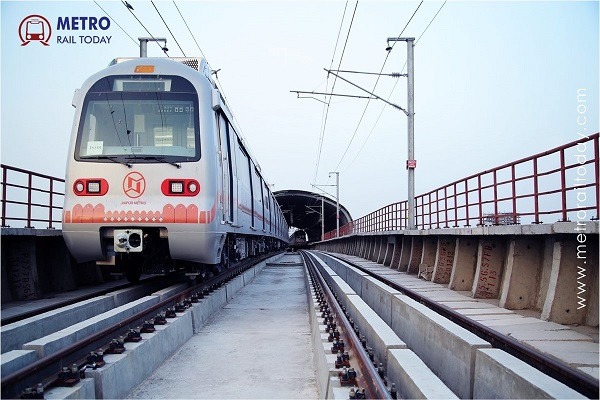 First global civil tender worth ₹1,145 crore launched for Jaipur Metro Phase 2 Project
First global civil tender worth ₹1,145 crore launched for Jaipur Metro Phase 2 Project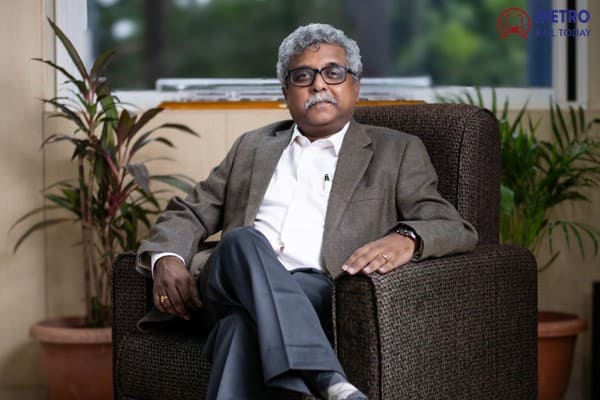 Vande Bharat to Vision 2047 — How ICF is Leading India’s Next Rail Revolution?
Vande Bharat to Vision 2047 — How ICF is Leading India’s Next Rail Revolution?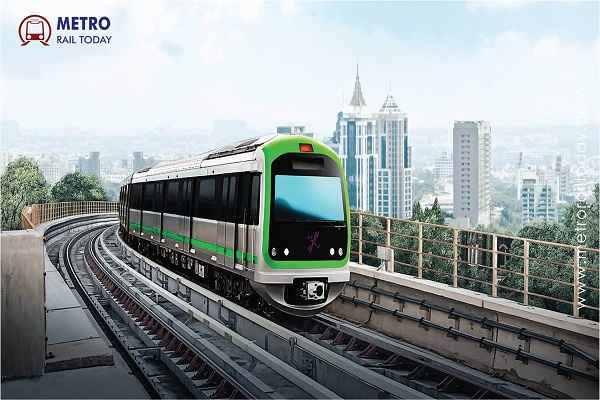 India's first Bengaluru–Hosur Interstate Metro Corridor declared Technically Infeasible
India's first Bengaluru–Hosur Interstate Metro Corridor declared Technically Infeasible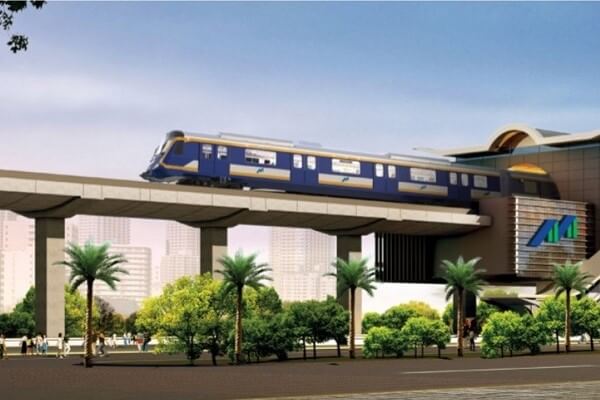 MMRDA awards ₹129.63 crore contract for Multimodal Integration on Mumbai Metro Lines 4 & 4A
MMRDA awards ₹129.63 crore contract for Multimodal Integration on Mumbai Metro Lines 4 & 4A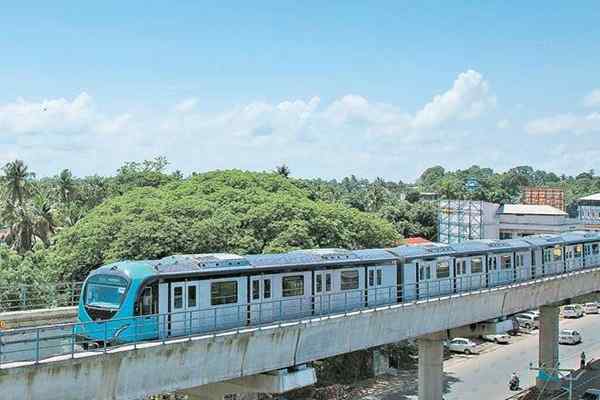 First U-Girder installed on JLN Stadium–Infopark Corridor of Kochi Metro Phase 2
First U-Girder installed on JLN Stadium–Infopark Corridor of Kochi Metro Phase 2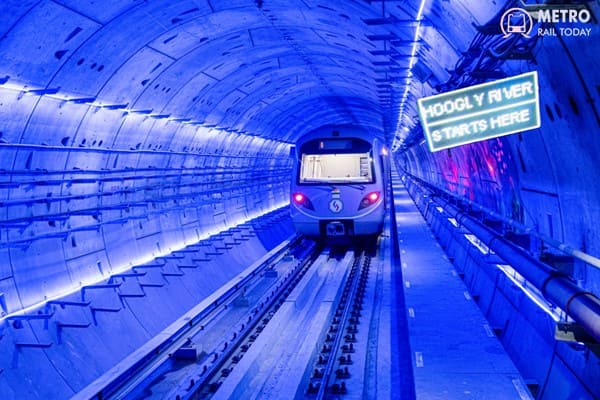 Kolkata Metro Marks 41 Years of Service to the City of Joy
Kolkata Metro Marks 41 Years of Service to the City of Joy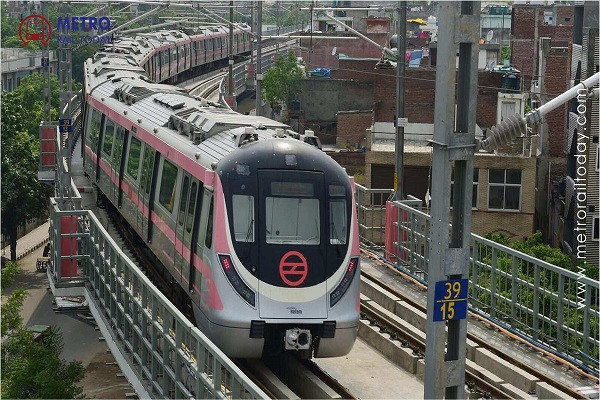 DMRC to introduce Driverless Trains on Delhi Metro Phase 4 Corridors
DMRC to introduce Driverless Trains on Delhi Metro Phase 4 Corridors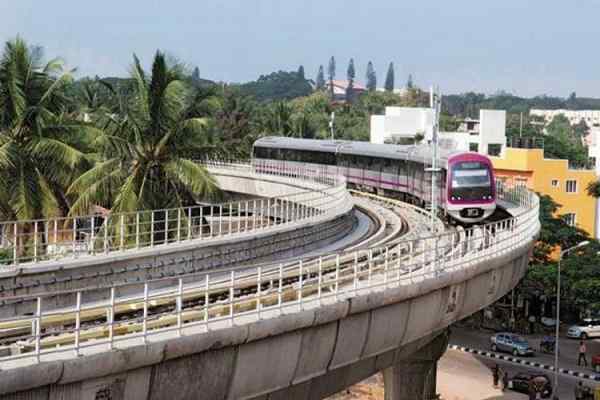 Karnataka proposes Centre of Excellence for Railways and Mobility Innovation
Karnataka proposes Centre of Excellence for Railways and Mobility Innovation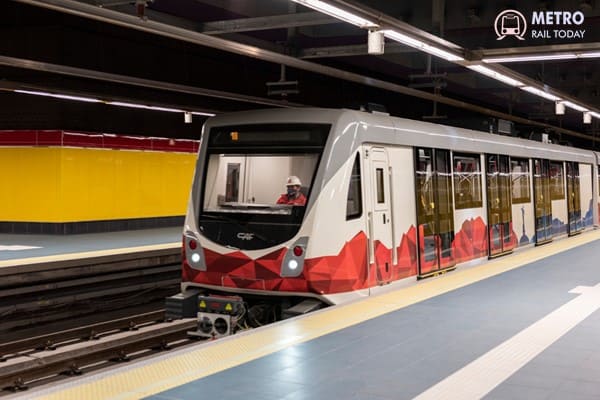 Egypt and Japan approve Greater Cairo Metro Line 4 Project
Egypt and Japan approve Greater Cairo Metro Line 4 Project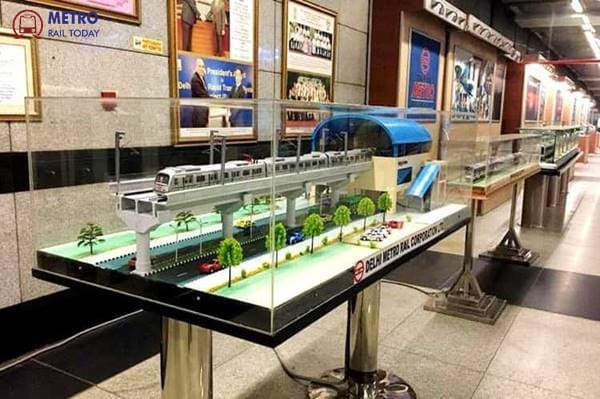 Metro Rail Today continues its legacy as Official Media Partner for 18th Urban Mobility India 2025
Metro Rail Today continues its legacy as Official Media Partner for 18th Urban Mobility India 2025
MMRDA awards ₹129.63 crore contract for Multimodal Integration on Mumbai Metro Lines 4 & 4A

Mumbai, India (Metro Rail Today): In a major step toward improving last-mile connectivity and commuter experience across Mumbai’s growing metro network, the Mumbai Metropolitan Region Development Authority (MMRDA) has awarded Package 2 of its Multimodal Integration (MMI) Project for Metro Line 4 and Line 4A to M/s Dev Engineers JV M/s PRS Infra.
The contract, valued at ₹129.63 crore, aims to design and implement integrated transport hubs at eight key metro stations along the Wadala–Kasarvadavali corridor. The project will be completed within 540 days, according to MMRDA’s Transport and Communication Division.
Scope and Objectives
Under the awarded package, Dev Engineers in joint venture with PRS Infra will be responsible for designing, developing, and constructing multimodal integration facilities that seamlessly connect metro stations with other modes of urban transport such as buses, autos, taxis, and non-motorized systems.
The project’s primary objectives include:
-
Reducing congestion at metro station access points.
-
Facilitating smooth passenger transfers through improved layout and traffic flow design.
-
Developing pedestrian-friendly zones, including walkways, drop-off bays, and parking facilities.
-
Incorporating universal accessibility and safety features in line with modern urban design standards.
The MMI works form part of MMRDA’s broader vision to develop world-class, sustainable, and inclusive mobility infrastructure across the Mumbai Metropolitan Region.
Project Significance
Metro Line 4 (Wadala–Kasarvadavali) and its extension Line 4A play a crucial role in decongesting the city’s road networks by connecting key commercial and residential zones in Mumbai’s eastern and central suburbs. The integration project will ensure smoother transitions between the metro and other transport systems, improving door-to-door travel efficiency for thousands of daily commuters.
“This multimodal integration initiative is a cornerstone of MMRDA’s urban mobility strategy. By linking multiple modes of transport through well-planned interchanges, we are creating a system that is not only commuter-friendly but also environmentally sustainable,” an MMRDA official said.
Beyond mobility benefits, the ₹129.63 crore project is expected to create local employment opportunities during the construction phase and boost economic activity around the integrated stations.
Enhancing Urban Sustainability
Once completed, these integration facilities will help reduce the dependency on private vehicles, thus cutting emissions and contributing to cleaner urban air. The move aligns with the Government of India’s broader sustainable transport initiatives and Mumbai’s push towards multi-modal, low-carbon mobility.
Each MMI hub will be equipped with passenger amenities, smart signage, and safe interchange facilities — transforming metro stations into integrated urban mobility centers.
Mrs. Mamta Shah, MD & CEO, Urban Infra Group, commended MMRDA’s forward-looking approach, emphasizing its alignment with global mobility trends:
“Multimodal integration is the future of sustainable urban transport. MMRDA’s initiative to merge metro connectivity with other transport modes marks a transformative step in reshaping Mumbai’s commuter experience. Projects like this not only improve efficiency and safety but also contribute significantly to reducing carbon footprints and enhancing the liveability of our cities. This is precisely the kind of integrated approach that will power India’s urban mobility transformation under Viksit Bharat 2047.”
By strengthening interconnectivity between metro corridors and other public transport systems, MMRDA continues to demonstrate its commitment to future-ready infrastructure and seamless passenger mobility.
When completed, the multimodal integration project will serve as a model for other Indian cities aiming to modernize their transport ecosystems through smart, inclusive, and sustainable planning.




